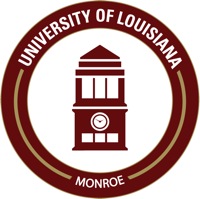Below is a summary of the abstract you submitted. Presenting author(s) is shown in bold.
If any changes need to be made, you can modify the abstract or change the authors.
You can also download a .docx version of this abstract.
If there are any problems, please email Dan at dar78@pitt.edu and he'll take care of them!
This abstract was last modified on April 29, 2018 at 11:11 a.m..

Nontuberculous mycobacterial (NTM) infections cause a wide range of debilitating diseases and are increasing in prevalence in the U.S and worldwide. With the increased resistance to antibiotics by NTM pathogens, phage therapy is gaining attention as an alternative for the treatment of such infections. Over 7,000 bacteriophages that infect the non-pathogenic species Mycobacterium smegmatis have been isolated. Host-range tests have identified specific subclusters of phage that can infect multiple M. smegmatis strains and a non-pathogenic strain of M. turberculosis, indicating that they may exhibit broad host range and can possibly infect NTM pathogens. Members of the A3 subcluster have multiple phages that are potentially broad host range. In addition, these phage share a specific variant of a gene (GP5) encoding a putative minor tail protein. We have tested the ability of a large series of A3 phage to infect six pathogenic Mycobacterium species (M. abscessus, M. chelonae, M. fortuitum, M. mageritense, M. porcinum, and M. septicum) to determine if A3 broad host range extended to NTM species and if the infectivity correlates with the gene variant. In addition, as part of the SEA-PHAGES broad host-range project, we have identified the cluster AB mycobacteriophage Muddy as a broad host-range candidate that infects all six of the NTM pathogens tested.
